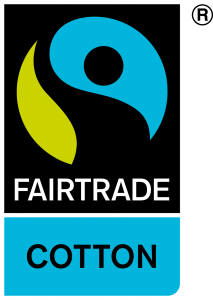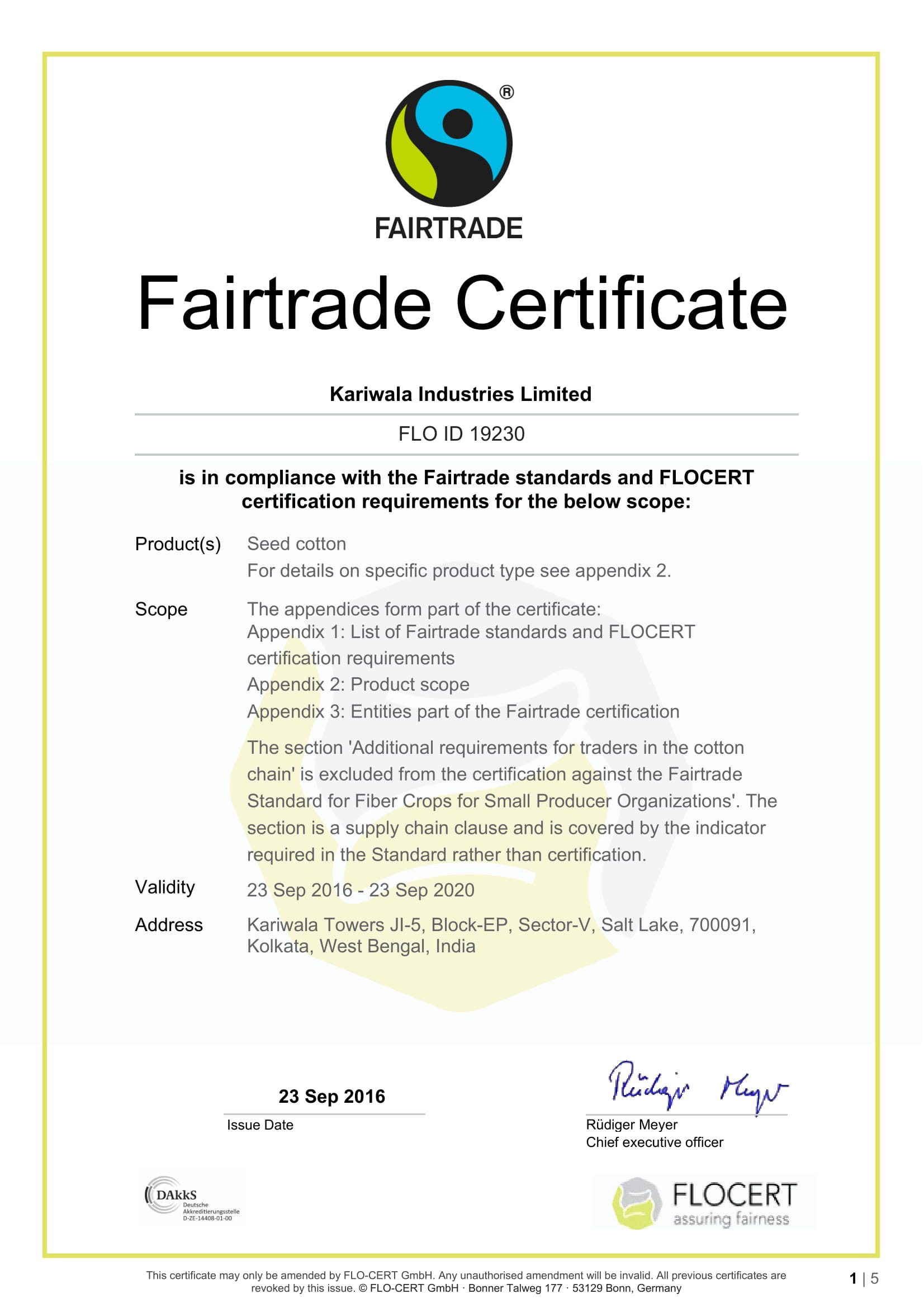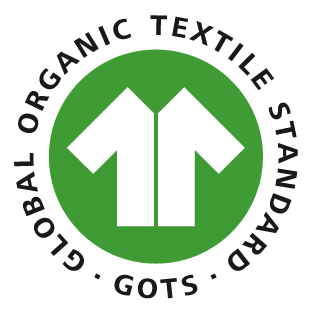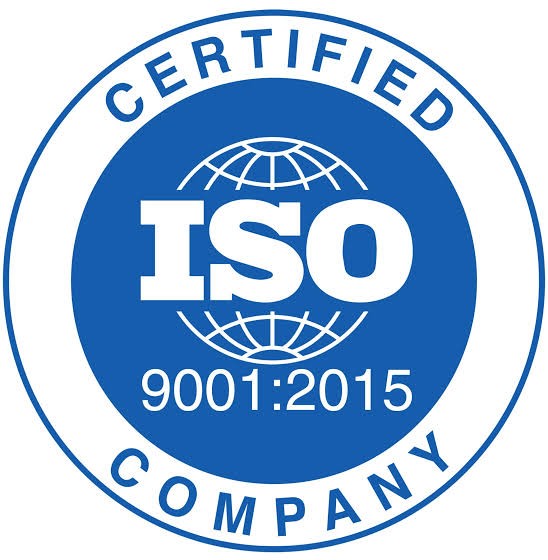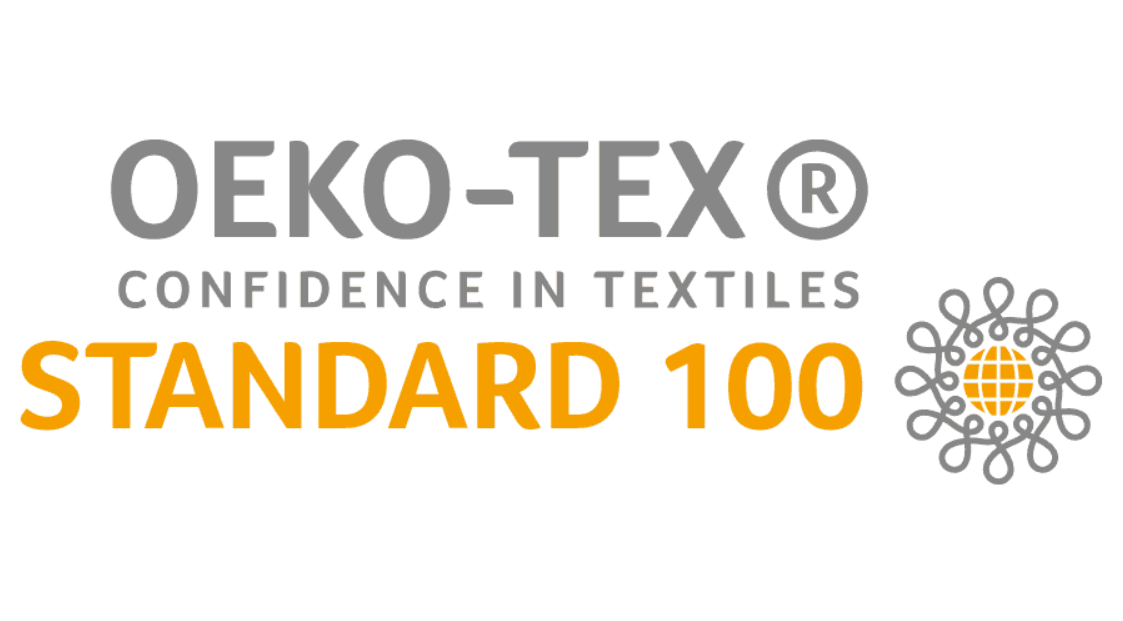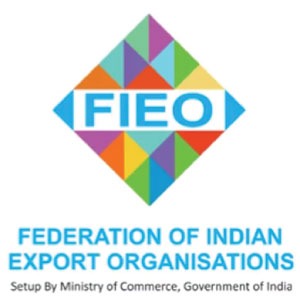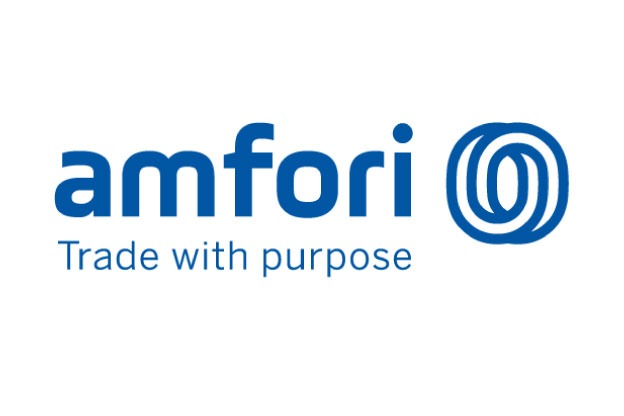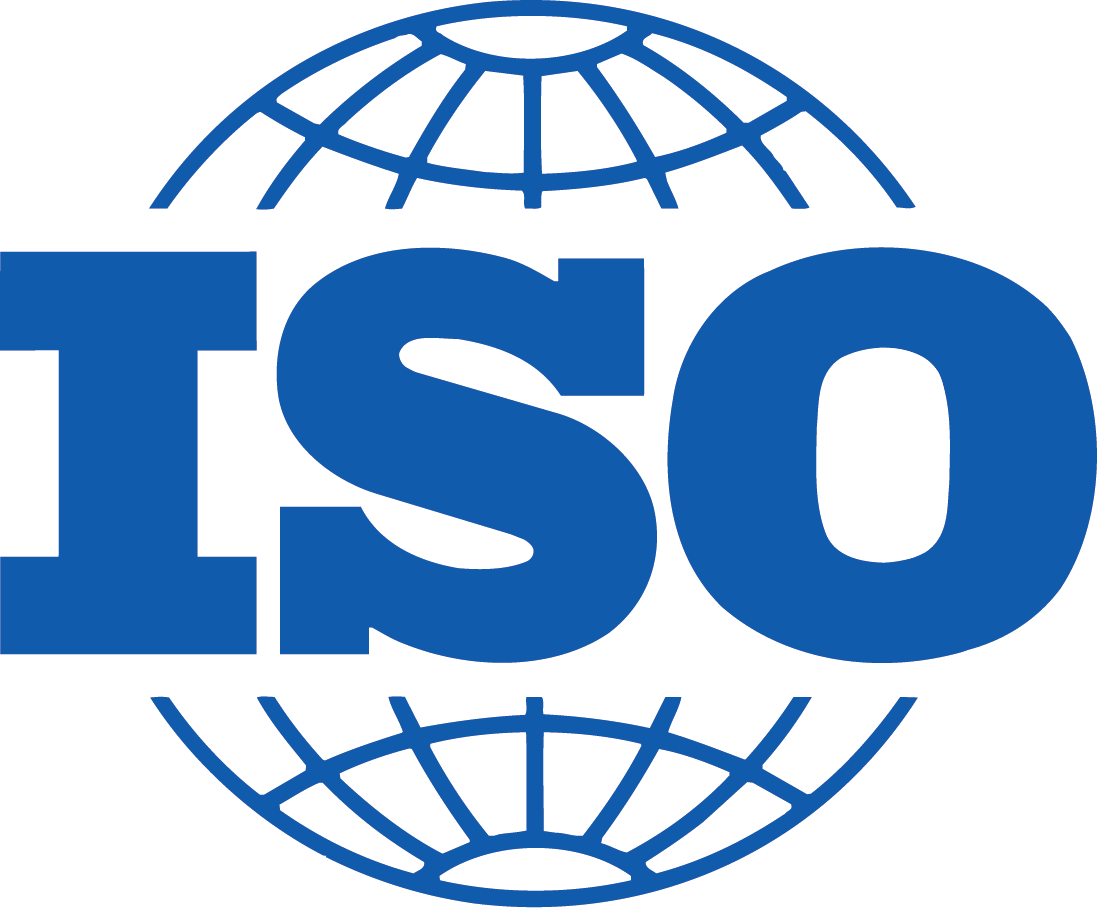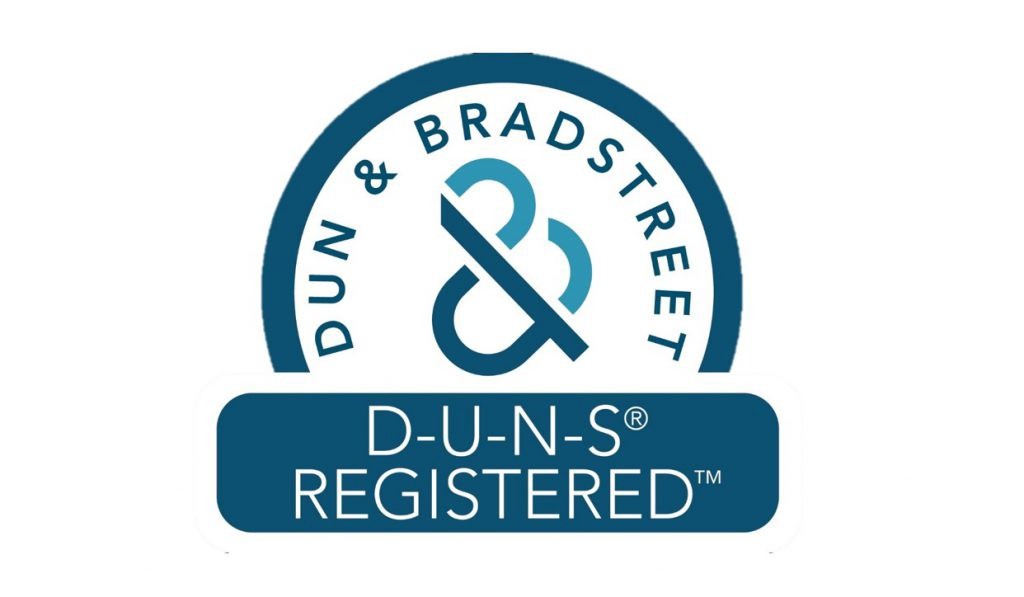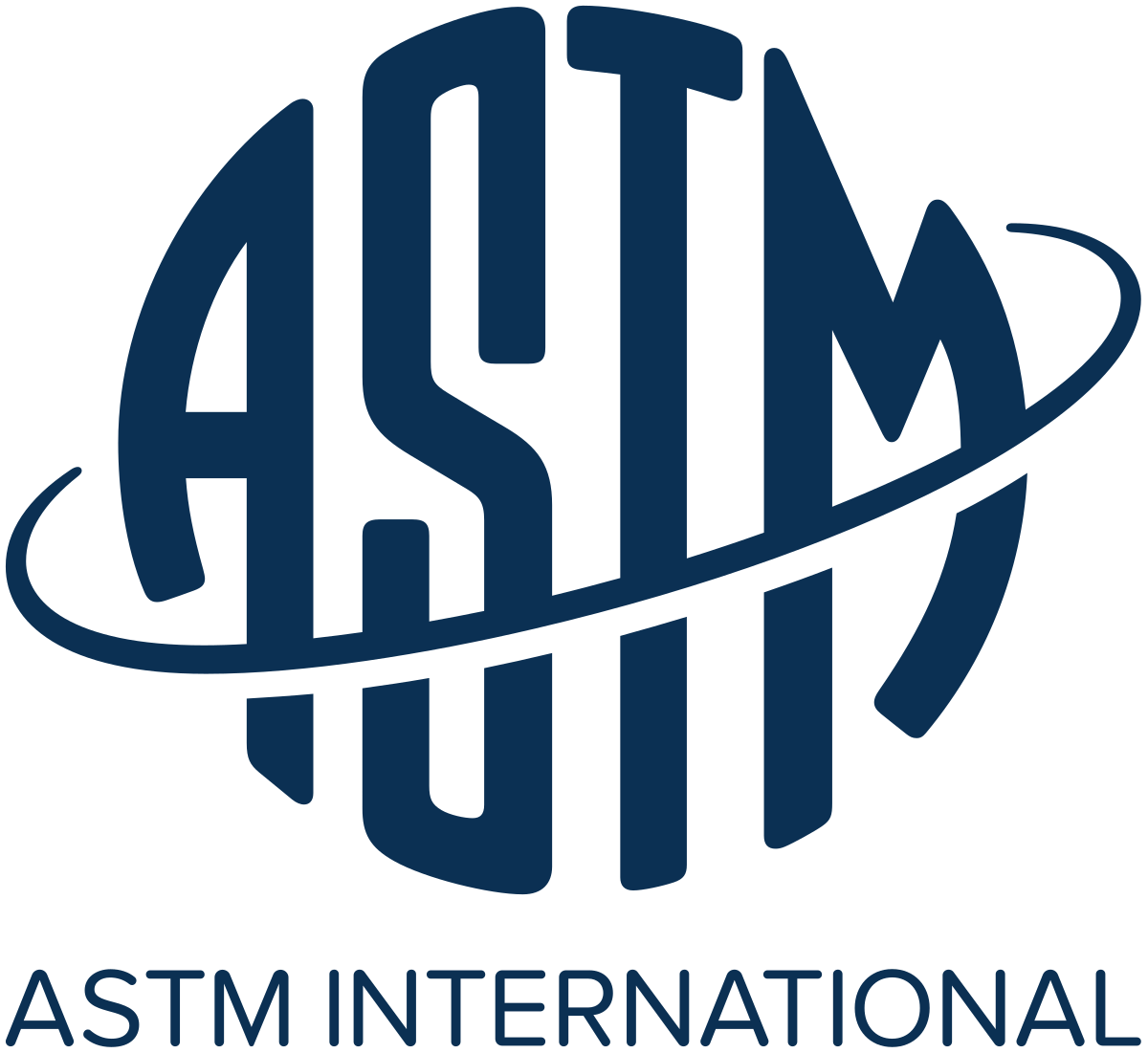Fairtrade changes the way trade works through better prices, decent working conditions and a fairer deal for farmers and workers in developing countries.
As a leader in the global movement to make trade fair, Fairtrade supports and challenges businesses and governments while connecting farmers and workers with the people who buy their products.
A product with the FAIRTRADE mark means the producers and businesses have met the stringent Fairtrade social, economic and environmental standards.
For farmers and workers, Fairtrade means:
- Prices that aim to cover the average costs of producing their crop sustainably – a vital safety net when market prices drop.
- The Fairtrade Premium – an extra sum of money paid on top of the selling price to invest in business or community projects of their choice.
- Decent working conditions and a ban on discrimination, forced labour and child labour.
- Access to advance credit ahead of harvest time.
- Being able to plan more for the future with more security and stronger relationships with buyers.
Fairtrade is also helping to deliver the Sustainable Development Goals. The overarching goal, to end poverty in all its forms everywhere, is central to Fairtrade.
Fairtrade International, creates the internationally agreed Fairtrade Standards and coordinates Fairtrade worldwide
FLOCERT is the main independent certifier for Fairtrade. It inspects producers and traders to ensure they comply with Fairtrade Standards.
Kariwala Industries FLO ID is 19230
Organic cotton is grown without the use of toxic pesticides and synthetic fertilizers. Fields converted from conventional use to organic cotton must be tested to assure no residual pesticide with a transition period of 3 years.
The Global Organic Textile Standard (GOTS) is recognised as the world’s leading processing standard for textiles made from organic fibres.
The aim of the standard is to define world-wide recognized requirements that ensure organic status of textiles, from harvesting of the raw materials, through environmentally and socially responsible manufacturing up to labelling in order to provide a credible assurance to the end consumer.
A textile product carrying the GOTS label grade ‘organic’ must contain a minimum of 95% certified organic fibres whereas a product with the label grade ‘made with organic’ must contain a minimum of 70% certified organic fibres. All chemical inputs such as dyestuffs and auxiliaries used must meet certain environmental and toxicological criteria.
OCS Certification applies to all non-food products containing 5%-100% organic raw materials.
While GOTS is a comprehensive standard for a ‘full product claim’ that is setting detailed environmental and social criteria throughout the entire textile supply chain for textiles using a minimum of 70% organic fibres, OCS traces the organic fibre flow throughout the entire textile supply chain to allow a corresponding organic ‘fibre claim’ in the final textile product without adding environmental or social criteria in processing.
Brands and retailers may use OCS as a stepping stone to GOTS (e.g. a certification to cover tracking and handling while supply chains organize themselves to comply with GOTS).
Many companies in the supply chain even choose to be certified to both standards – GOTS and OCS – so that they can better meet the needs of their customers. There may be cases where a specific product cannot meet all demanding processing requirements of GOTS (eg: because not all dyestuffs and auxiliaries used can comply with GOTS processing criteria or the minimum percentage of 70% organic fibres is not met). In that case the product could still be certified to OCS, which still allows verification and a labelling possibility for the organic fibre content. GOTS and OCS may therefore be seen as complementary rather than competing certification systems.
Sedex is one of the world’s leading ethical trade service providers, working to improve working conditions in global supply chains. Sedex enables companies to work together to better manage their social and environmental performance, and protect people working in the supply chain. Sedex has over 60,000 members in 180 countries, across 35 industry sectors, including food, agriculture, financial services, clothing and apparel, packaging and chemicals.
SMETA is an audit methodology, providing a compilation of best practice ethical audit techniques.
Anil Kariwala, our CEO, served as a Board member on its Board from 2009 – 2015, and was instrumental in bringing a lot of change to the organisation —including making it a global organisation with offices in China and the US.
ISO 9001 is the internationally recognized Quality Management System (QMS) standard that can benefit any size organization. Designed to be a powerful business improvement tool, ISO 9001 Quality Management certification can help you to:
- Continually improve, streamline operations and reduce costs
- Win more business and compete in tenders
- Satisfy more customers
- Be more resilient and build a sustainable business
- Show you have strong corporate governance
- Work effectively with stakeholders and your supply chain
When you certify to ISO 9001 you will join over a million organizations globally who have improved their businesses with this management system standard. ISO 9001 is not only recognized internationally as the world’s most widely adopted Quality Management System (QMS), it’s also a powerful business improvement tool.
An ISO 9001 quality management system will help you to continually monitor and manage quality across your business so you can identify areas for improvement. Internationally, it is the quality system of choice!
Export Promotion Council for Handicrafts (EPCH), established under Companies Act in the year 1986-87 , is a non-profit organisation, with an object to promote, support, protect, maintain and increase the export of handicrafts. It is an apex body of handicrafts exporters for promotion of exports of Handicrafts from country and projecting India's image abroad as a reliable supplier of high quality of handicrafts goods & services and ensured various measures keeping in view of of observance of international standards and specification. The Council has created necessary infrastructure as well as marketing and information facilities, which are availed both by the members exporters and importers.
OEKO-TEX®(1992) enables consumers and companies to make responsible decisions which protect our planet for future generations. It consists of 18 independent research and test institutes in Europe and Japan. They are responsible for the joint development of test methods and limit values which form the basis for their standards.
With contact offices in more than 60 countries. The partner institutes have joint responsibility for the development of test methods and limit values which form the basis for the following standards:
- Product labels according to STANDARD 100 by OEKO-TEX®, MADE IN GREEN by OEKO-TEX® and LEATHER STANDARD by OEKO-TEX®,
- Production facility certification according to STeP by OEKO-TEX® (Sustainable Textile & Leather Production),
- Chemicals certification according to ECO PASSPORT by OEKO-TEX®
- Status report according to DETOX TO ZERO by OEKO-TEX®
The independent OEKO-TEX® partner institutes are entitled to conduct appropriate laboratory tests or company audits in accordance with worldwide standardised guidelines. These comprehensive product and process tests guarantee risk management, consumer and environmental protection, as well as legal conformity.
The Federation of Indian Export Organisations represents the Indian entrepreneurs spirit of enterprise in the global market. Known popularly as "FIEO", this apex body of Indian export promotion organizations was set up jointly by the Ministry of Commerce, Government of India and private trade and industry in the year 1965. FIEO is thus a partner of the Government of India in promoting India's exports
AMFORI
Amfori is the leading global business association for open and sustainable trade, we bring together over 2,400 retailers, importers, brands and associations from more than 40 countries. We have a B (Good) grade with "Amfori" which means the auditee has the level of maturity to maintain the improvement process without the need for a follow up audit!

